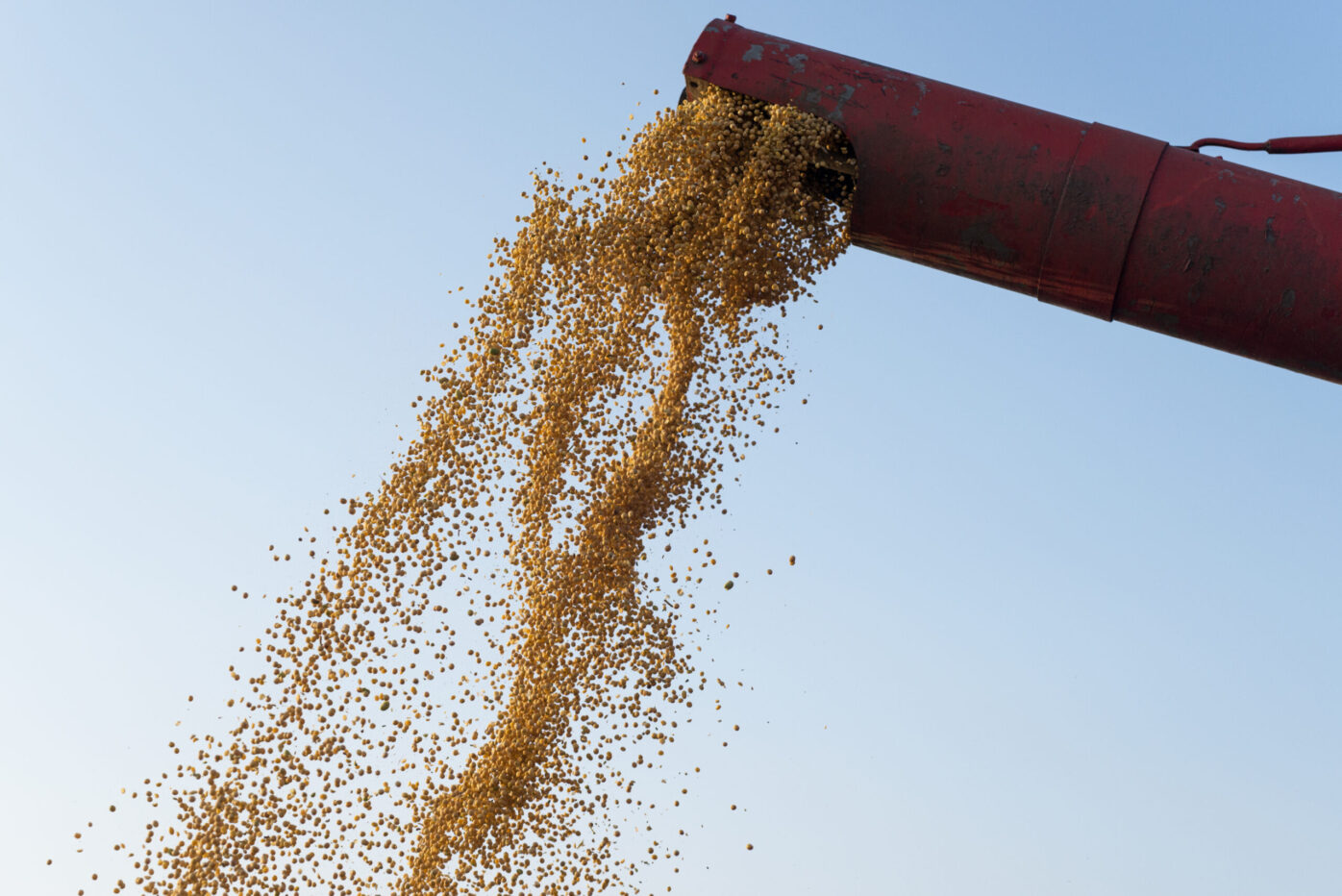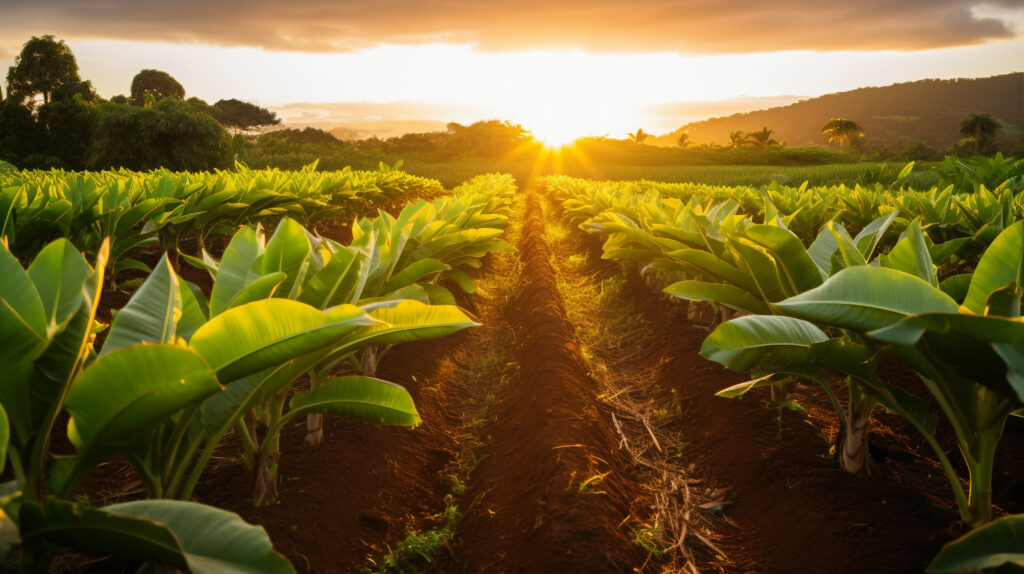By Eduardo Bastos
CEO, Instituto Equilíbrio
Brazilian agribusiness plays a central role in global food security and in the Brazilian economy. Already established as a global powerhouse in food production, the next chapter of this story is not only about productivity – it’s about striking the right balance between abundant harvests, climate change, and positioning the country as a global leader in applied climate solutions and innovative public policies .
The transition to low-carbon and regenerative agriculture represents one of the greatest strategic opportunities for Brazil.
The country already has concrete tools to promote sustainable practices in the field, delivering tangible benefits to the sector. Green credit lines under the Plano Safra, which offer preferential interest rates; payment for environmental services in biodiversity and water conservation; and the expansion of carbon markets – through both offsetting (allowing sectors outside of agriculture to offset for their emissions by investing in rural areas) and insetting (which strengthens decarbonisation within the production chain itself) – are all creating new value pathways for producers and businesses committed to a development model that responsibly balances economic and environmental priorities.
Low-carbon products are already gaining ground in international markets, creating real added value. It is possible to connect natural resource conservation with sustainable prosperity in a strategic way. How? By selling, for example, a differentiated input that enables another country to produce something that adds value across the entire chain.

We already have tangible examples – such as soybeans sold as feed for salmon in Norway. Another example: producers in southern Minas Gerais are earning the equivalent of three or four extra sacks per hectare by supplying carbon-neutral coffee to brands that invest in low-carbon inputs rather than simply purchasing carbon credits on the open market.
It is worth noting that studies show most consumers prefer products with sustainability claims when prices are equal.
For this reason, mechanisms such as tax incentives or tailored credit lines can level costs and accelerate the transition.
Today, insetting has proven to be a more advantageous and efficient strategy, offering greater immediate returns to producers. The system ensures traceability, shares value across the chain, and anchors corporate net-zero commitments in real outcomes on the ground. In sectors like livestock, more than 90% of emissions come from primary production – in other words, without the engagement of rural producers, low-carbon products are not possible.
From a scientific standpoint, Brazil has the expertise to lead. The current challenge is to adapt measurement, reporting and verification (MRV) systems to tropical conditions – ensuring the integrity of carbon credits and their value in international markets. Regenerative techniques not only support climate resilience but also increase production resilience and protect farmers’ incomes. Initiatives such as cover cropping, enhancing soil biodiversity, and restoring degraded pastures have direct productivity benefits and can be scaled with technical and financial support.
It is also essential to establish new regulation, with specific public policies that enable the application of the best solutions tailored to the Brazilian context.
With the right incentives and innovative public policies, rural producers are ready to lead a new global revolution in agriculture – and Brazil can become not only a leader in food security, but also a global benchmark in climate security.




